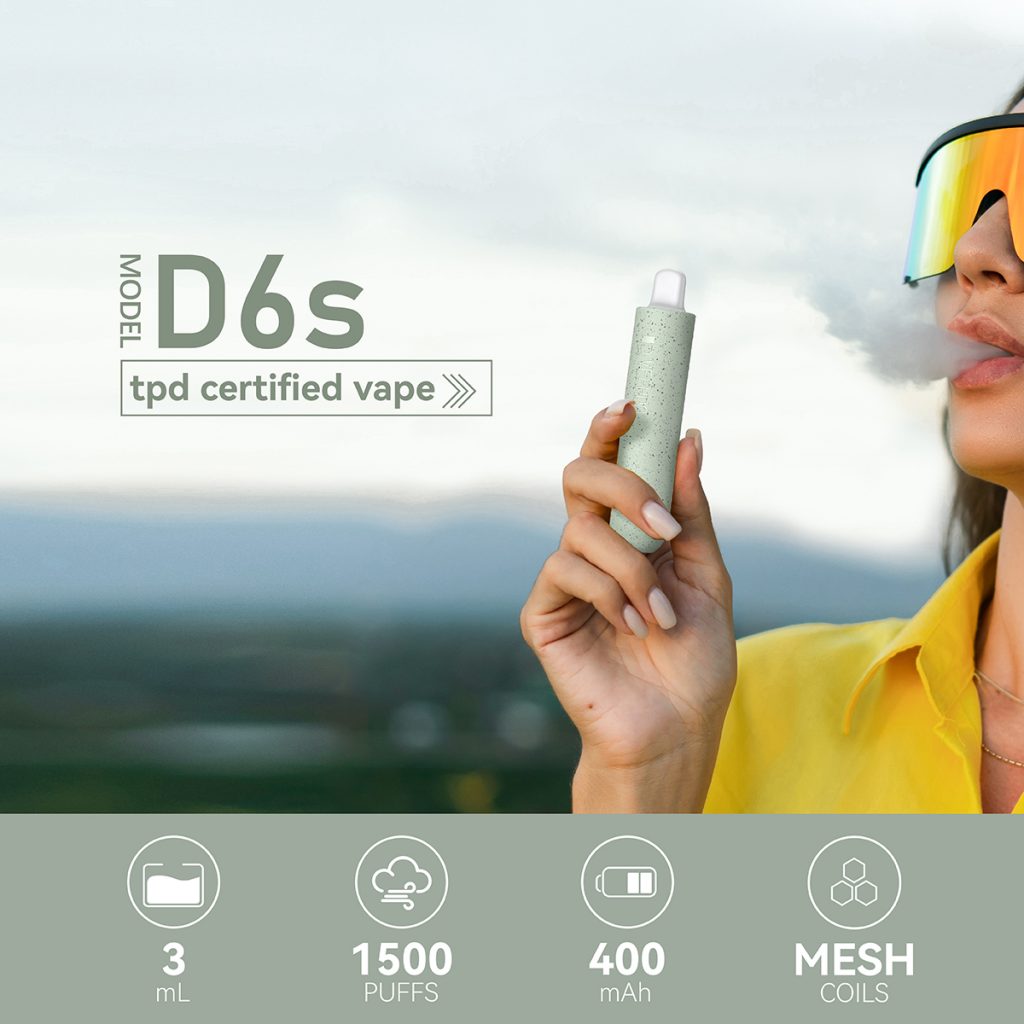In the late spring, a bill concerning the future of the e-cigarette industry is sparking heated discussions in the Tennessee State Capitol. On April 2, 2025, the state senate overwhelmingly passed the e-cigarette regulation bill numbered HB0968, the core content of which includes imposing a 10% consumption tax on some e-cigarette products, establishing an FDA-authorized product catalog, and strengthening the age verification mechanism. This proposal, called the “Youth Health Guardian Plan” by supporters, is expected to bring more than $16 million in tax revenue to the state treasury each year, while trying to find a delicate balance between public health and economic interests .
The birth of the bill stems from a set of shocking data. According to the Tennessee Health Advisory Committee report, the state’s youth e-cigarette use rate is 22%, which is twice the national average. Senator Ken Yager held up a colorful flavored e-cigarette during the debate: “These seemingly harmless candy-flavored devices are making our children slaves to nicotine.” The bill explicitly requires retailers to sell only FDA-approved e-cigarette products and confirm that consumers are over 21 years old by scanning their ID cards. This dual-track design of “catalog + taxation” not only draws on the federal PMTA (Tobacco Product Market Access Application) regulatory framework, but also combines local fiscal autonomy.

For e-cigarette brands that operate in compliance, the new policy may hide opportunities. Leading companies represented by VEEHOO completed the FDA’s PMTA application as early as 2024, and their tobacco-flavored products have entered the pre-authorization list. VEEHOO’s chief compliance officer said in an interview in Nashville: “We support scientific regulation, which can eliminate 90% of illegal products on the market.” The brand’s recently upgraded smart age verification system, which connects to the government database via Bluetooth to verify identity in real time, just meets the technical requirements of the bill. This proactive embrace of regulation may give it an advantage in the industry reshuffle.
The controversy over tax clauses is particularly prominent. Although the 10% tax rate is lower than that of radical areas such as Minnesota, small retailers are still worried. The owner of an e-cigarette store in Memphis showed a calculator: “Now each cartridge costs $20. After the tax is added, customers will have to pay an extra $2, and young people may turn to the black market.” In this regard, the state finance office explained that the tax revenue will be used specifically for youth smoking cessation programs and FDA catalog maintenance to form a closed loop of supervision. This idea of ”taking from the industry and using it for public welfare” complements the federal taxation logic of “suppressing consumption through price levers.”
The potential benefits of the bill in the field of public health cannot be ignored. Brian King, director of the FDA Tobacco Products Center, once pointed out that the catalog system can effectively block the circulation of illegal flavored e-cigarettes. A simulation study by the University of Tennessee Medical School showed that if the bill is fully implemented, the state’s youth e-cigarette use rate is expected to drop by 40% within five years. However, some experts also reminded that we should be wary of the policy “spillover effect” – when the price of legal products rises, some adult users may return to traditional cigarettes, which runs counter to the original intention of e-cigarette harm reduction.

The Tennessee experiment from an international perspective is more meaningful. At present, the federal and state governments in the United States are forming a regulatory synergy: the FDA strictly controls product access, and the states refine management through taxation and sales restrictions. This model of “federal standards and local implementation” may become a model for e-cigarette regulation. Especially in the context of Sino-US trade frictions, China’s e-cigarette exports face a high tariff of 79%. Brands such as VEEHOO are accelerating overseas factory construction (such as Smoore’s Indonesian factory) to avoid risks, highlighting the complex interaction between the global supply chain and local policies.
The bill is still uncertain in the House of Representatives. The restaurant association questioned that age verification would increase operating costs, while conservative lawmakers advocated a complete ban on non-tobacco flavors. But supporters emphasized that compared with Massachusetts’s full-area ban, the Tennessee plan has reserved living space for compliant companies. As a lung cancer survivor said at a Senate hearing: “We can’t let the next generation pay the health price for commercial interests, but we don’t have to throw the baby out with the bathwater.”

This regulatory change in the “Music State” is essentially a necessary path for the maturity of the e-cigarette industry. From the early wild growth to the current inclusion in the tax and regulatory system, the compliance transformation of companies such as VEEHOO may indicate that e-cigarettes will eventually become a “limited adult choice” under strict control, just like alcohol and marijuana. When the Senate Speaker knocked down the gavel, Tennessee not only rewrote the local fiscal report, but also participated in shaping the future of new nicotine products around the world.
Tags: heated tobacco, ceramic atomizer core, fruit-flavored nicotine, veehoo vape